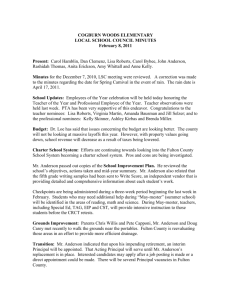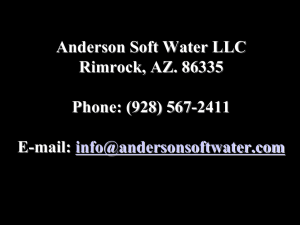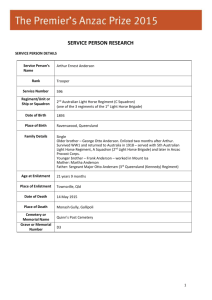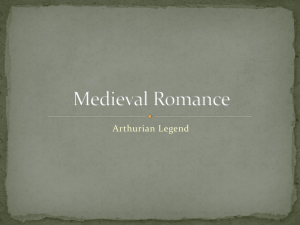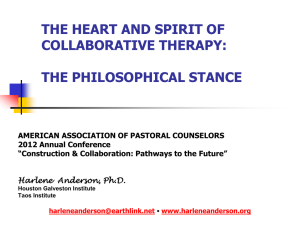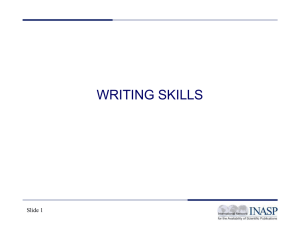Arthur Anderson case
advertisement
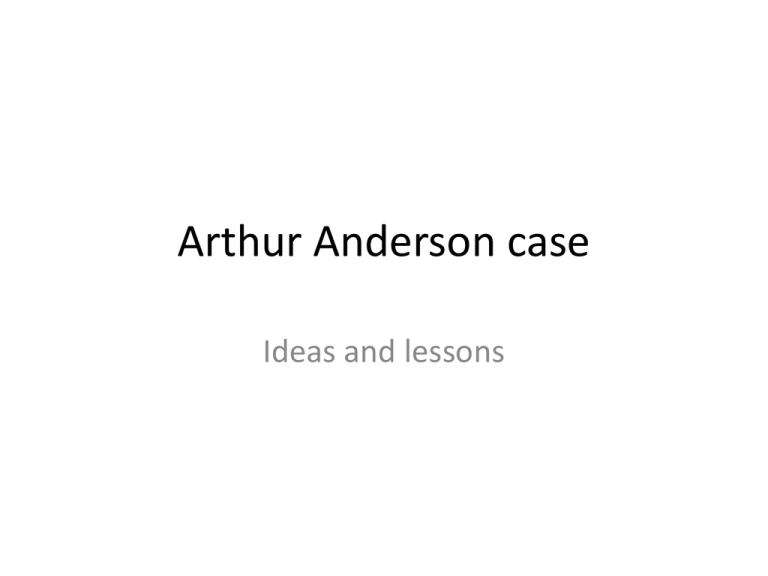
Arthur Anderson case Ideas and lessons Arthur Anderson • Once exemplified the rock solid character and integrity that was synonymous with the accounting profession. • Accounting, auditing and consulting and independency. Arthur Anderson • • • • Investors lost about $300 billion. Hundreds thousands of people lost their jobs. Closed 2002 after 90 years of business. Auditing independence-what does it mean to you? Independence vs combining auditing and consulting. Arthur Anderson • What is auditing main responsibility. • What happens when growth becomes the highest priority? • Growth becomes the culture. Growth was promoted and people who delivered big accounts were promoted too. • This was done at the expense of quality. Arthur Anderson • The company paid 100s of millions of dollars to settle claims brought by clients and investors. • News that Enron had overstated earnings became public, sending shock waves through the financial markets. Arthur Anderson Arthur Anderson corrupted and got corrupted by: 1- Baptist Foundation of Arizona 2- Sunbeam 3- Waste Management 4- Enron. 5- and Telecoms and WorldCom Arthur Anderson Enron was forced to restate five years’ worth of financial statements that Anderson had singed off. Shredding Enron statements Anderson CEO had viewed the $1 million a week in audit fees from Enron paid to Anderson along with the consulting fees it paid to Anderson’s Spin off firm, Accenture, as a significant opportunity to expand revenues at Anderson. Culture is what matters most! • Growth and making short money was the only language spoken at this big company with many things to hide and cover up. • Trust then, was destroyed. • Billions of dollars were lost. • Many people lost their jobs. • Again distrust prevailed. What is next • • • • • • Culture Corporate governance Ethical lessons and education. Social responsibility. The stakeholder approach. The system thinking and the long term view of things and issues. Good bye Arthur Anderson • How do you view such case? • How did it affect your attitude? • Do you view business differently after reading this case? • How? • What ethical recommendations would you give to people who are going to be managers, or CEOs in the future?
